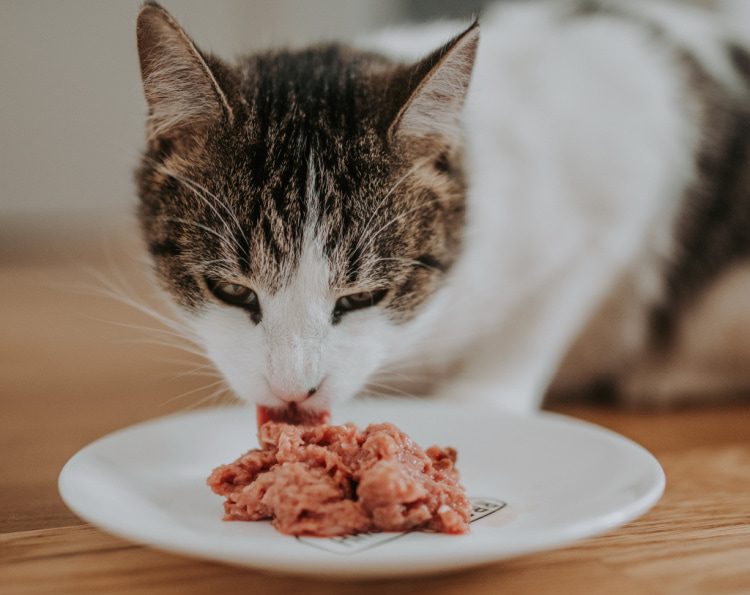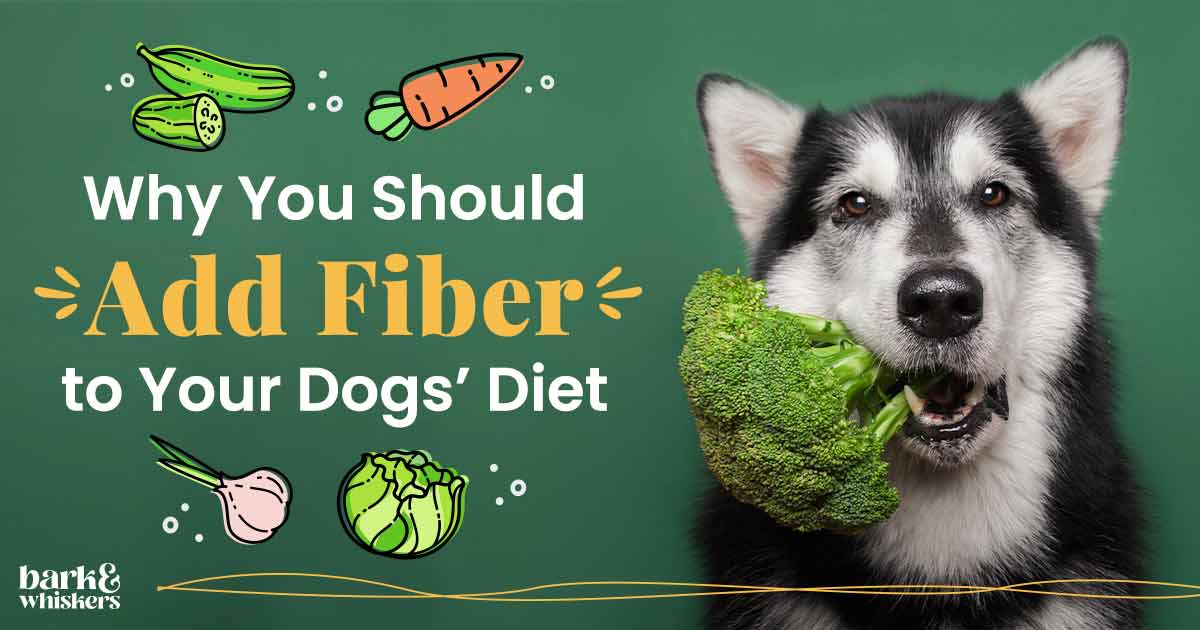Key Takeaways:
- Carrots are safe for dogs to eat and can provide them with essential vitamins and minerals.
- Raw carrots can be a healthy snack for dogs, but they should be cut into small, bite-sized pieces to prevent choking.
- Carrots are low in calories and high in fiber, making them a great option for overweight or obese dogs.
- Carrots can help improve dental health in dogs by promoting chewing and reducing plaque buildup.
- While carrots are generally safe for dogs, it's important to introduce them gradually into their diet to avoid digestive issues.
Are you a dog lover? Do you enjoy spoiling your furry friend with treats? Well, if you're curious about what's safe and healthy for your canine companion, then this topic is perfect for you! Today, we'll be exploring the question: Can dogs eat carrots? You might be surprised to learn that not only can dogs eat carrots, but they actually provide numerous health benefits for our four-legged pals. Whether you're looking to improve your dog's dental health or help them maintain a healthy weight, incorporating carrots into their diet can make a world of difference. So, let's dive in and discover why these crunchy orange veggies are a fantastic addition to your pup's mealtime routine!
What are Carrots and Why are They Good for You?
Carrots are root vegetables that come in various colors, including orange, purple, and white. They have a crunchy texture and a slightly sweet taste. Carrots are packed with essential nutrients that are beneficial for our health. They contain high levels of beta-carotene, which is converted into vitamin A in the body. Vitamin A is important for maintaining good vision, promoting healthy skin, and supporting the immune system.
In addition to vitamin A, carrots also provide other vitamins such as vitamin C, vitamin K, and several B vitamins. They are a good source of dietary fiber, which aids in digestion and helps maintain a healthy weight. Carrots also contain antioxidants that can help protect against chronic diseases like heart disease and certain types of cancer.
The Nutritional Value of Carrots:
- Vitamin A
- Vitamin C
- Vitamin K
- Fiber
- Potassium
- Antioxidants
Benefits of Eating Carrots:
- Promotes good vision: The high levels of beta-carotene in carrots help maintain healthy eyesight.
- Boosts immune system: Vitamin A supports the immune system by promoting the production of white blood cells.
- Improves skin health: The antioxidants in carrots help protect the skin from damage caused by free radicals.
- Aids digestion: The fiber content in carrots promotes regular bowel movements and prevents constipation.
- Supports heart health: The potassium in carrots helps regulate blood pressure and reduce the risk of heart disease.

Can Dogs Eat Carrots? Find Out Here!
Yes, dogs can eat carrots and they can actually be a healthy addition to their diet. Carrots are low in calories and fat, making them a great snack option for dogs who need to maintain a healthy weight. They are also a good source of vitamins and minerals that can benefit your furry friend's overall health.
Dogs can enjoy both raw and cooked carrots, but it's important to cut them into small, bite-sized pieces to prevent choking. Raw carrots can be crunchy and satisfying for dogs to chew on, which can help promote good dental health by reducing plaque buildup. Cooked carrots are softer and easier for dogs to digest.
Health Benefits of Carrots for Dogs:
- Vitamin A: Supports eye health and immune system function.
- Fiber: Promotes healthy digestion and bowel movements.
- Vitamin K: Helps with blood clotting and bone health.
- Potassium: Regulates blood pressure and supports heart health.
How to Introduce Carrots to Your Dog:
- Start with small amounts: Begin by giving your dog a few small pieces of carrot as a treat or mixed into their regular food.
- Monitor for any adverse reactions: Watch out for any signs of digestive upset or allergies after introducing carrots. If your dog experiences any negative symptoms, consult with your veterinarian.
- Gradually increase the amount: If your dog tolerates carrots well, you can gradually increase the amount over time. However, moderation is key as too many carrots can cause digestive issues.

Discover the Health Benefits of Carrots for Dogs
Carrots are not only a delicious and nutritious snack for humans but also for our furry friends. They offer several health benefits for dogs, making them a great addition to their diet. One of the main benefits of carrots is their high vitamin A content, which supports good vision and a healthy immune system in dogs.
In addition to vitamin A, carrots also provide fiber, which aids in digestion and helps prevent constipation in dogs. The crunchy texture of raw carrots can also help promote dental health by reducing plaque buildup and maintaining strong teeth.
Health Benefits of Carrots for Dogs:
- Promotes good vision: The high levels of vitamin A in carrots support eye health in dogs.
- Boosts immune system: Vitamin A helps strengthen the immune system and protect against infections.
- Aids digestion: The fiber content in carrots promotes regular bowel movements and prevents digestive issues.
- Improves dental health: Chewing on raw carrots can help clean your dog's teeth and reduce plaque buildup.
How to Incorporate Carrots into Your Dog's Diet:
- Choose fresh carrots: Look for firm, fresh carrots without any signs of mold or rot.
- Cut into small pieces: Cut the carrot into bite-sized pieces to prevent choking hazards.
- Serve as a treat or mix into food: You can give your dog small pieces of carrot as a treat or mix them into their regular food for added nutrition.
- Monitor portion sizes: While carrots are healthy, they should be given in moderation to avoid digestive issues. Consult with your veterinarian to determine the appropriate amount for your dog's size and weight.

How to Prepare Carrots for Your Dog's Consumption
Preparing carrots for your dog's consumption is a simple process that ensures they can safely enjoy this nutritious vegetable. Here are the steps to follow:
Steps to Prepare Carrots for Dogs:
- Choose fresh carrots: Select firm and fresh carrots without any signs of mold or rot.
- Wash thoroughly: Rinse the carrots under cold water to remove any dirt or debris.
- Cut into bite-sized pieces: Cut the carrot into small, bite-sized pieces that are appropriate for your dog's size. This will prevent choking hazards and make it easier for your dog to chew and digest.
- Raw or cooked options: Decide whether you want to serve the carrots raw or cooked. Raw carrots provide a crunchy texture that can help promote dental health, while cooked carrots are softer and easier for dogs to digest.
- Serve as a treat or mix into food: You can offer the carrot pieces as a standalone treat or mix them into your dog's regular food for added nutrition.
Remember, it's important to introduce new foods gradually and monitor your dog for any adverse reactions. If you have any concerns about feeding carrots to your dog, consult with your veterinarian.

Potential Risks and Problems with Dogs Eating Carrots
While carrots are generally safe for dogs to eat, there are a few potential risks and problems to be aware of. It's important to consider these factors before incorporating carrots into your dog's diet.
Potential Risks:
- Choking hazard: If the carrot pieces are not cut into small, bite-sized pieces, they can pose a choking risk for dogs.
- Digestive upset: Some dogs may experience digestive issues such as diarrhea or gas if they consume too many carrots or have a sensitive stomach.
- Allergic reactions: Although rare, some dogs may be allergic to carrots. Watch out for any signs of itching, swelling, or difficulty breathing after feeding carrots to your dog.
Tips to Minimize Risks:
- Cut into small pieces: Always ensure that carrot pieces are cut into small, manageable sizes to prevent choking hazards.
- Monitor portion sizes: While carrots can be a healthy addition to your dog's diet, moderation is key. Consult with your veterinarian to determine the appropriate amount based on your dog's size and weight.
- Introduce gradually: When introducing carrots for the first time, start with small amounts and monitor your dog for any adverse reactions. If there are no issues, you can gradually increase the quantity over time.
By following these precautions and monitoring your dog's response, you can safely incorporate carrots into their diet.

Safe Amount of Carrots for Dogs to Eat in a Day
The amount of carrots that is safe for dogs to eat in a day depends on their size, weight, and overall health. While carrots are generally considered safe, it's important to feed them in moderation to avoid any potential digestive issues. As a general guideline, here are the recommended daily amounts:
Safe Amounts of Carrots for Dogs:
- Small dogs (up to 20 pounds): ½ to 1 small carrot per day
- Medium dogs (20 to 50 pounds): 1 to 2 medium-sized carrots per day
- Large dogs (50+ pounds): 2 to 3 medium-sized carrots per day
It's important to note that these are general recommendations and may vary depending on your dog's individual needs. If you have any concerns or specific dietary requirements for your dog, consult with your veterinarian.

Improving Dental Health: Can Feeding Carrots Help Dogs?
Feeding carrots can indeed help improve dental health in dogs. The crunchy texture of raw carrots can act as a natural toothbrush, helping remove plaque buildup and promoting healthy teeth and gums.
How Carrots Benefit Dental Health:
- Cleans teeth: Chewing on raw carrots promotes saliva production, which helps wash away bacteria and food particles from the teeth.
- Reduces plaque buildup: The abrasive nature of carrots can gently scrub the surface of the teeth, reducing the accumulation of plaque.
- Massages gums: The act of chewing on carrots can provide a gentle massage to the gums, promoting good gum health.
Tips for Using Carrots to Improve Dental Health:
- Offer raw carrot pieces: Give your dog small, raw carrot pieces as a treat or snack. The crunchiness will help clean their teeth naturally.
- Supervise chewing sessions: Always supervise your dog while they are chewing on carrots to ensure they don't swallow large chunks that could pose a choking hazard.
- Regular dental check-ups: While carrots can contribute to dental health, it's still important to schedule regular dental check-ups with your veterinarian to monitor your dog's oral hygiene and address any potential issues.
By incorporating carrots into your dog's diet and following these tips, you can contribute to their overall dental health.

In conclusion, dogs can eat carrots as they are safe and healthy for them. Carrots provide important nutrients and can be a tasty and crunchy treat for dogs in moderation.
Can dogs eat carrots raw?
Both raw and cooked carrots are beneficial for dogs and can be added to their meals for added nutrition. It is important to cut whole carrots and carrot sticks into small pieces before feeding them to your dog to prevent choking, especially in smaller dogs.
How much carrot can I give my dog?
When it comes to giving carrots to your dog, the same guidelines apply as with other treats. Carrots should make up less than 10% of your dog's daily calorie intake. A medium-sized dog can safely consume 2-3 baby carrots per day, but make sure to cut them into smaller pieces to prevent choking.
Is it OK to give your dog carrots everyday?
You can give your dog carrots on a daily basis as long as they are not being used as the sole source of their diet. According to Dr. Burch, it is recommended to feed carrots as a treat, making up less than 10 percent of their daily calorie intake, in order to maintain a balanced diet.
Why can't dogs digest carrots?
According to Steve, Beta-Carotene is a type of carotenoid that acts as an antioxidant and is a precursor to Vitamin A. Dogs cannot digest the cellulose found in carrots, so it is recommended to cook the carrots in order to provide your dog with the maximum nutritional benefits.
What vegetables can dogs not eat?
Garlic, onions, shallots, and chives are vegetables that should not be given to dogs as they can be harmful. Whether they are raw or cooked, these vegetables contain substances that can cause anemia and damage red blood cells. It may take several days for signs of illness to appear after ingestion.
Are bananas good for dogs?
Dogs can consume bananas in moderation as they are a healthy and low-calorie treat. Bananas contain potassium, vitamins, biotin, fiber, and copper, while being low in cholesterol and sodium. However, due to their high sugar content, bananas should be offered as a treat rather than a staple in your dog's diet.

















